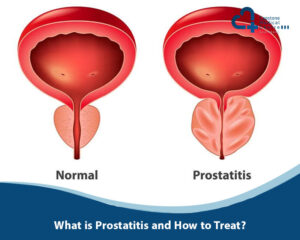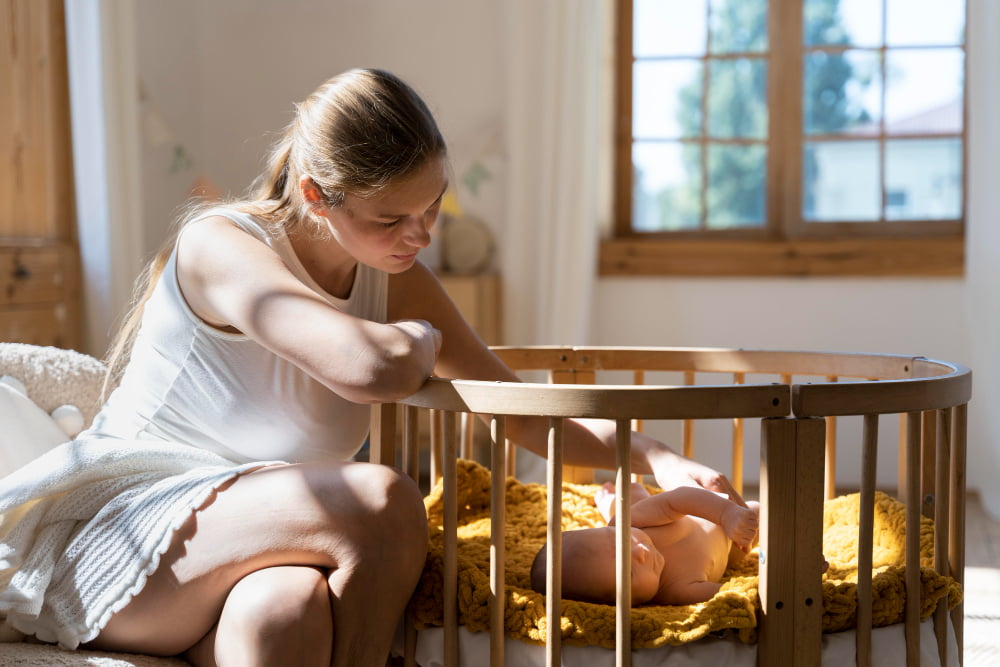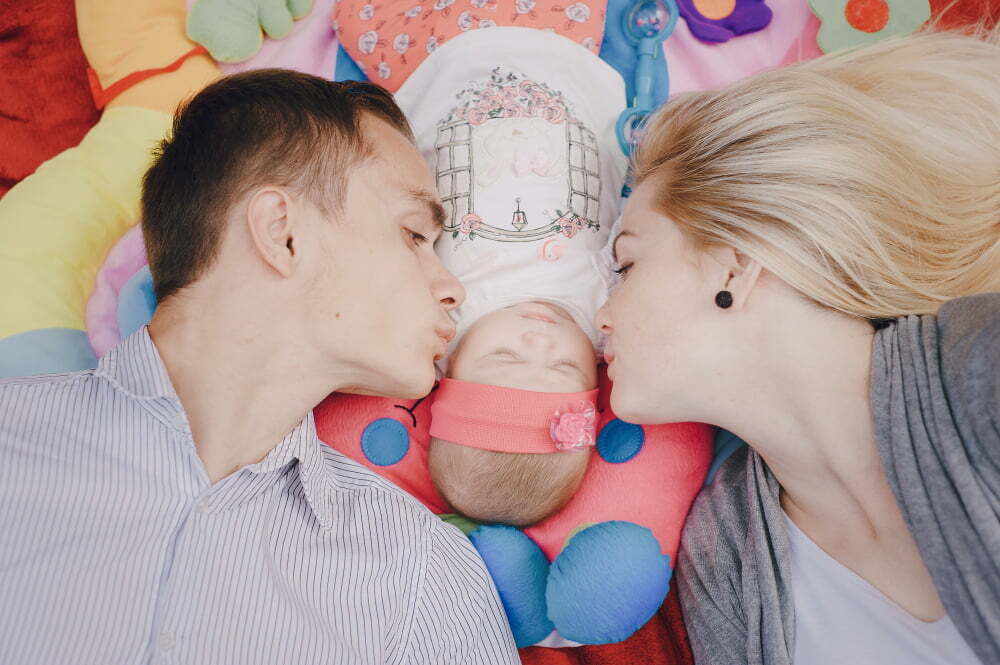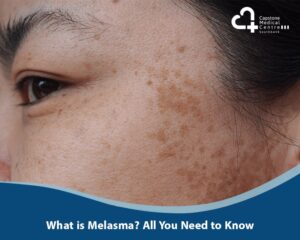
What is Prostatitis and How to Treat?
Prostatitis, a condition that has significant implications for men’s health,


MD, FRACGP, FACAM
Advance Diploma in General Dermatology
Diploma of Cosmetic Medicine

Settling a newborn to sleep can be a challenge for many new mothers, and some may require residential parenting services if the problem becomes severe. While it is normal for newborns to wake up frequently at night for feeding, difficulty in getting them to sleep and settle can cause significant problems for both the mother and the baby. In fact, one-third of new mothers report experiencing severe trouble putting their baby to sleep, which can lead to fatigue, mental health issues, and affect the child’s development.
To address this issue, some parents may be referred to a sleep school or residential parenting service, where they stay overnight with their child and receive support in learning strategies to help the baby sleep through the night. These services are available across Australia, but are there factors that make it more difficult for some parents to settle their babies to sleep?
To investigate this question, researchers focused on women who attended sleep schools in New South Wales from 2000 to 2012, using comprehensive birth data recorded during this period. They collected information about the delivery, complications, length of hospital stay, baby’s weight, and condition at birth. They also surveyed women who had stayed at sleep schools to learn more about their experiences and why they sought support from a residential parenting service.
Most of the women sought help with sleep and settling of their babies, and about half also received support from social workers and psychologists during their stay. Interestingly, half of the women had a history of mental health issues. Compared to the general population, women who attended a sleep school were more likely to have experienced an intervention during birth, such as forceps or vacuum extraction, and to be older mothers.
The researchers contend that there is a necessity for increased screening of women’s social and psychological needs, particularly in private healthcare settings where it may not be standard practice. If you encounter challenges in putting your baby to sleep, it is advisable to consult a GP without hesitation, as they can refer you to appropriate resources if the issue persists.
Dahlen, et al (2019). Characteristics and changes in characteristics of women and babies admitted to residential parenting services in New South Wales, Australia in the first year following birth: a population-based data linkage study 2000–2012. BMJ Open doi: 10.1136/bmjopen-2019-030133

Prostatitis, a condition that has significant implications for men’s health,

Ever looked in the mirror and noticed patchy brown or

Ever feel like your skin is begging for moisture? That

Do you ever find yourself relentlessly scratching your skin, battling

Have you noticed a rough bump on your hand or
Monday – Wednesday
Thursday – Friday
Saturday
Sunday
Public holidays
9 am to 5:30 pm
8:30 am to 6:30 pm
10.00 am to 3.00 pm
closed
closed
© 2020 All rights reserved.
